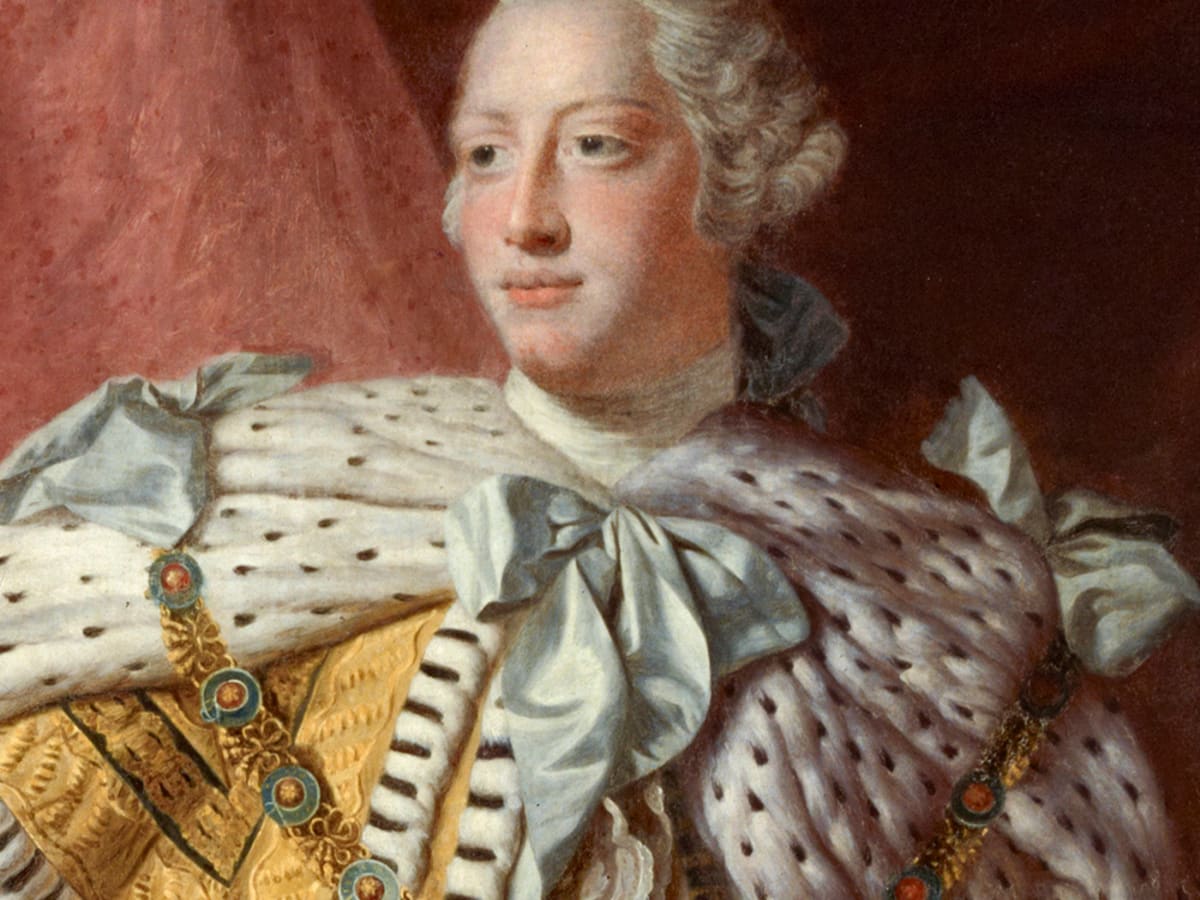Though Catherine the Great failed to apply the ideas of the Age of Reason, her name often appears on lists of enlightened despots. Another name is at times added to the list—George III, king of Great Britain (r. 1760-1820).
George III tried to wrest control of the House of Commons from the long-dominant Whig oligarchy and retain it through patronage and bribery. Virtuous as a person and devoted to his family, George as a monarch was stubborn, shortsighted, and in the long run unsuccessful.
It was easy for him at first to exploit the factional strife among the Whigs, maneuver William Pitt out of office in 1761, and make his tutor Lord Bute (1713-1792) head of the cabinet. Bute and the king, however, found it hard to justify their failure to deprive France of its sugar-rich West Indian islands in the Peace of Paris, which concluded the Seven Years’ War. The Commons approved the treaty, but George dismissed Bute.
The harshest criticism came from John Wilkes (1727-1797), a member of Commons. Wilkes’ attack on the treaty in his paper the North Briton infuriated the king; bowing to royal anger, the Commons ordered the offending issue of the paper burned. Later, Wilkes ran for Parliament three times, and each time the Commons, under royal pressure, threw out his election. When Wilkes finally took his seat again in 1774, he was a popular hero.
A wiser king would have reconsidered his course, but George III did not relax his determination to manage both Parliament and cabinet. After seven years of short- lived, unstable ministries (1763-1770), George finally found a man to fill Bute’s old role and do the king’s bidding—Lord North, who headed the cabinet until 1782. Under North royal intervention in domestic politics at first stiffened, then wavered, and at length collapsed in the face of a revolt.

